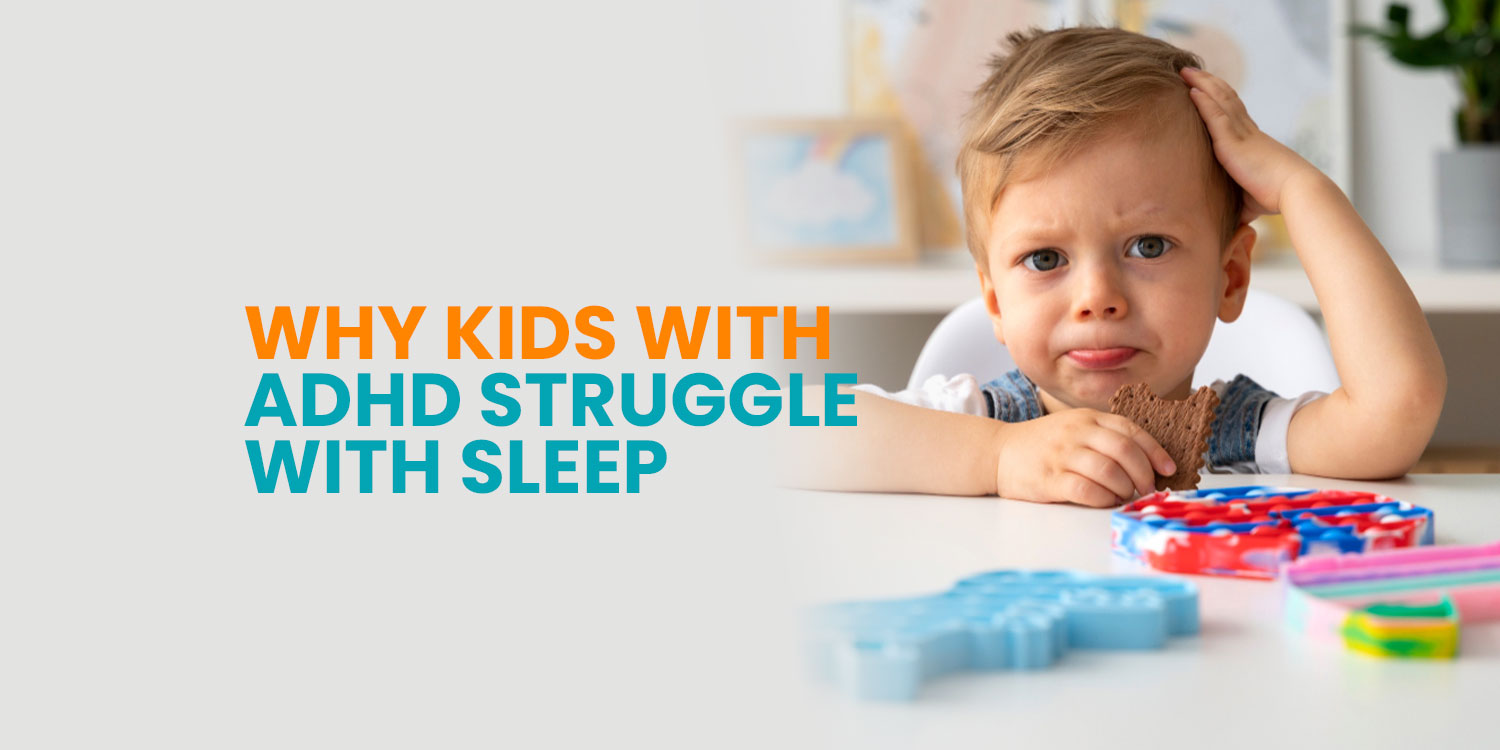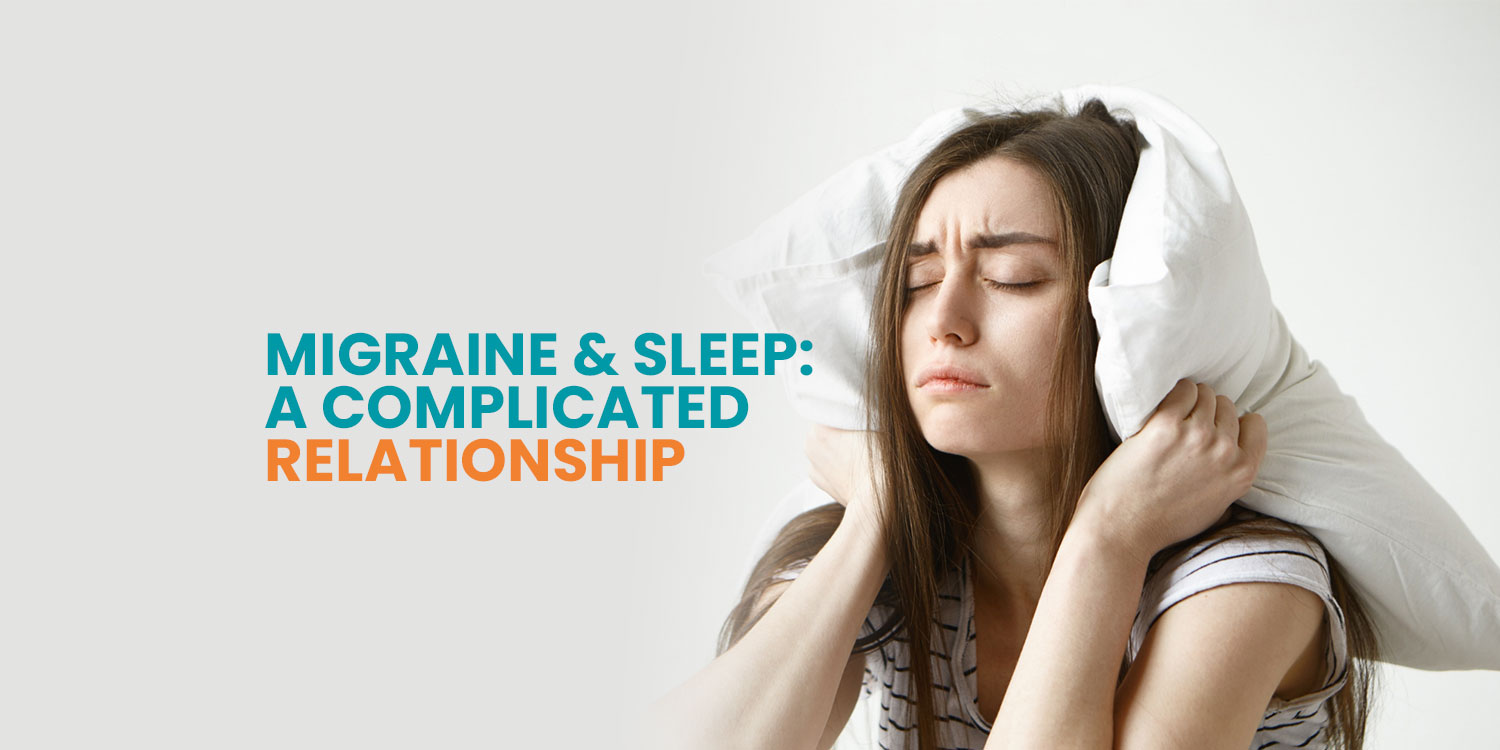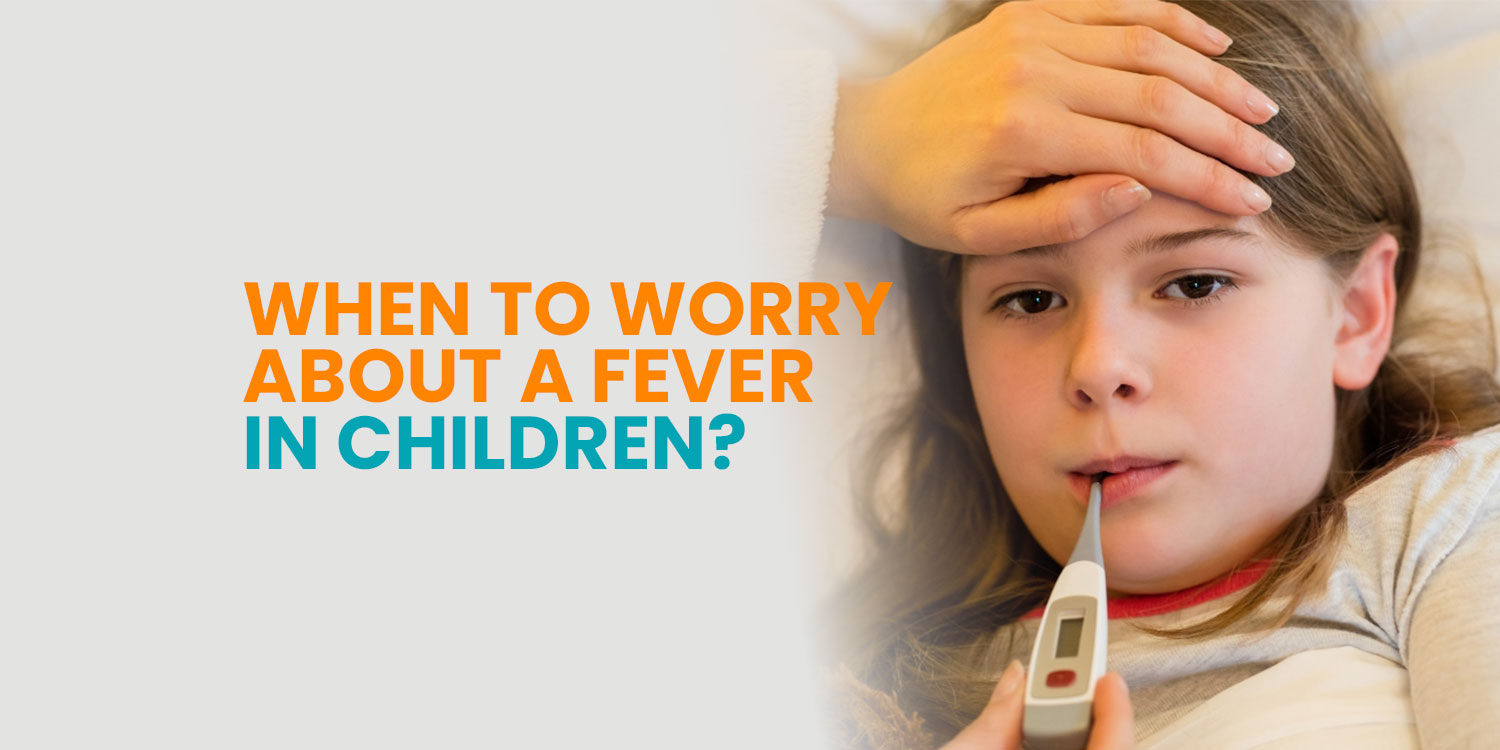Why Kids with ADHD Struggle with Sleep: What Parents Should Know
Attention-Deficit/Hyperactivity Disorder (ADHD) is commonly associated with inattention, impulsivity, and hyperactivity. However, many parents are surprised to learn that sleep difficulties are also a frequent and challenging aspect of ADHD, especially in children. Understanding why this happens and what can help is essential for improving both behavioral outcomes and family well-being.
Causes of Sleep Disturbances in Children with ADHD
Sleep problems affect up to 70% of children with ADHD (Cortese et al., 2009). There are three primary factors often involved:
- Delayed Sleep Phase Syndrome (DSPS): Children with ADHD often experience a delayed circadian rhythm, meaning their internal clock is shifted later. As a result, they may not feel sleepy until very late at night (Van der Heijden et al., 2005).
- Hyperactivity and Racing Thoughts: Even when tired, children with ADHD may struggle to calm their minds and bodies. Mental overactivity can lead to difficulty initiating and maintaining sleep.
Stimulant Medications: While stimulant medications like methylphenidate or amphetamines are effective for symptom control, they may interfere with sleep if taken too late in the day (Prince, 2008). Proper timing of these medications is crucial.
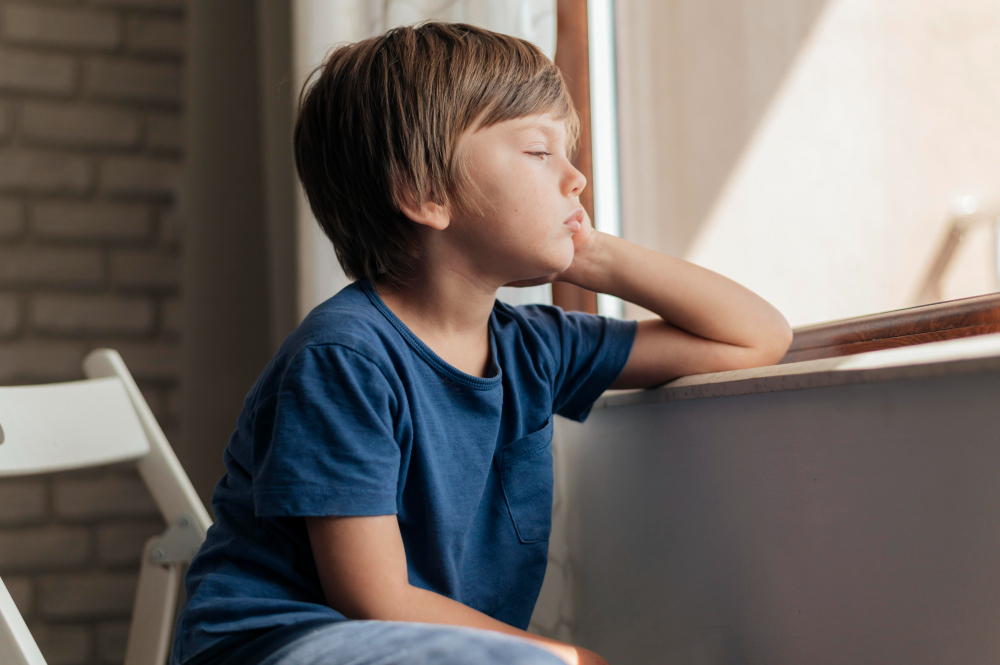
Role of Melatonin
Melatonin, a naturally occurring hormone that helps regulate the sleep-wake cycle, has been studied as a sleep aid for children with ADHD. Evidence suggests that melatonin can help improve sleep onset and duration in this population, especially when a delayed sleep phase is present (Van der Heijden et al., 2007).
Doses between 1 to 3 mg are commonly used, typically 30 to 60 minutes before bedtime. However, melatonin should only be used under the guidance of a healthcare professional to determine the appropriate dose and duration (Weiss et al., 2006).
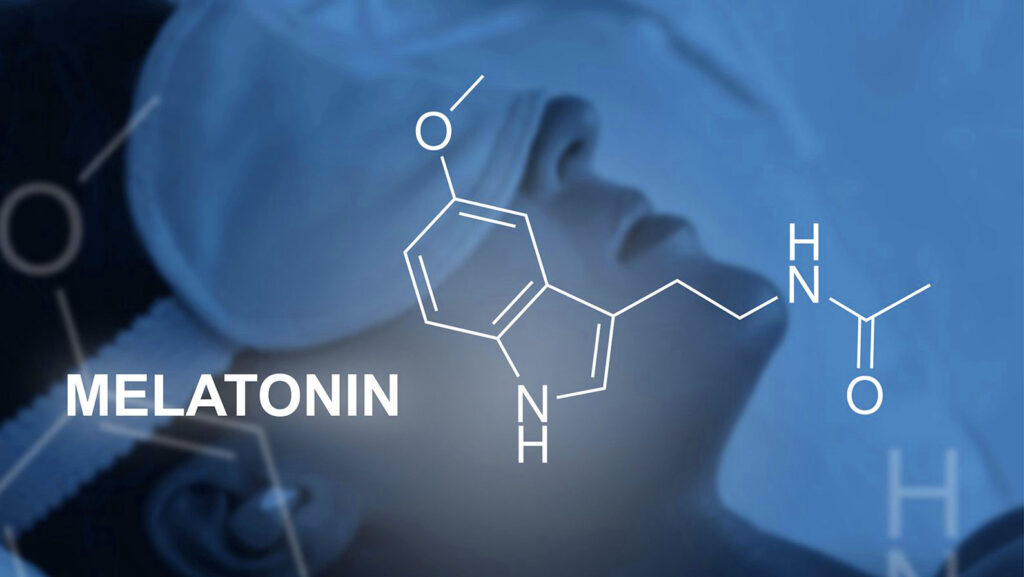
Practical Tips for Parents
- Keep a consistent bedtime routine and limit screen time before bed.
- Administer stimulant medications early in the day to avoid interference with sleep.
- Consult a healthcare provider before using melatonin or other sleep aids.
Consider behavioral therapy, which may also improve sleep hygiene and ADHD symptoms.
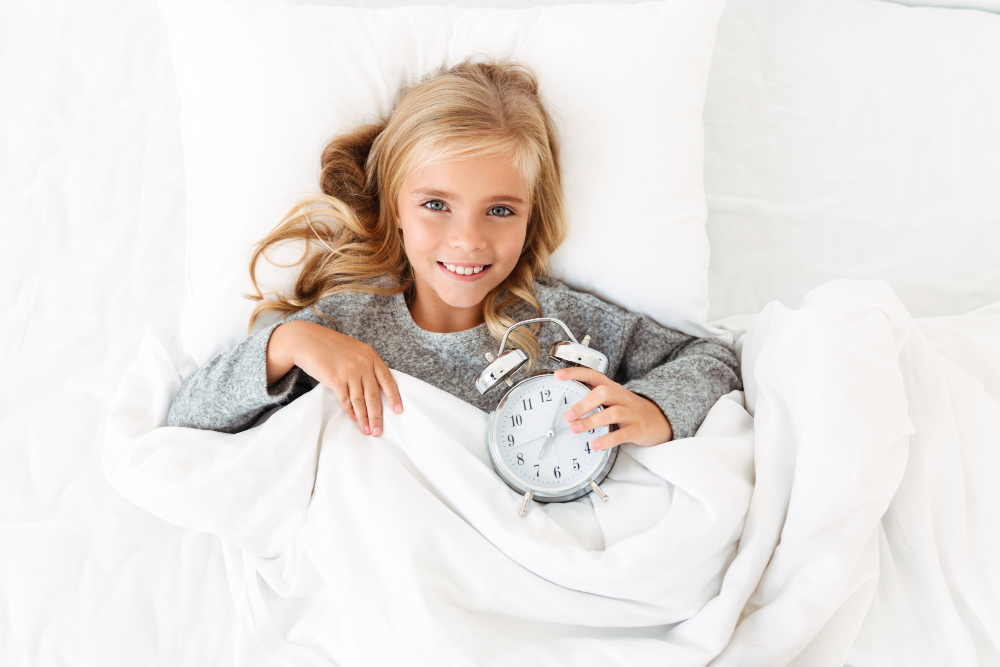
Conclusion
Sleep disturbances in children with ADHD are common but manageable. With proper education, medication timing, and possibly the short-term use of melatonin under professional supervision, many children can achieve better sleep — and in turn, better focus, mood, and daily functioning.
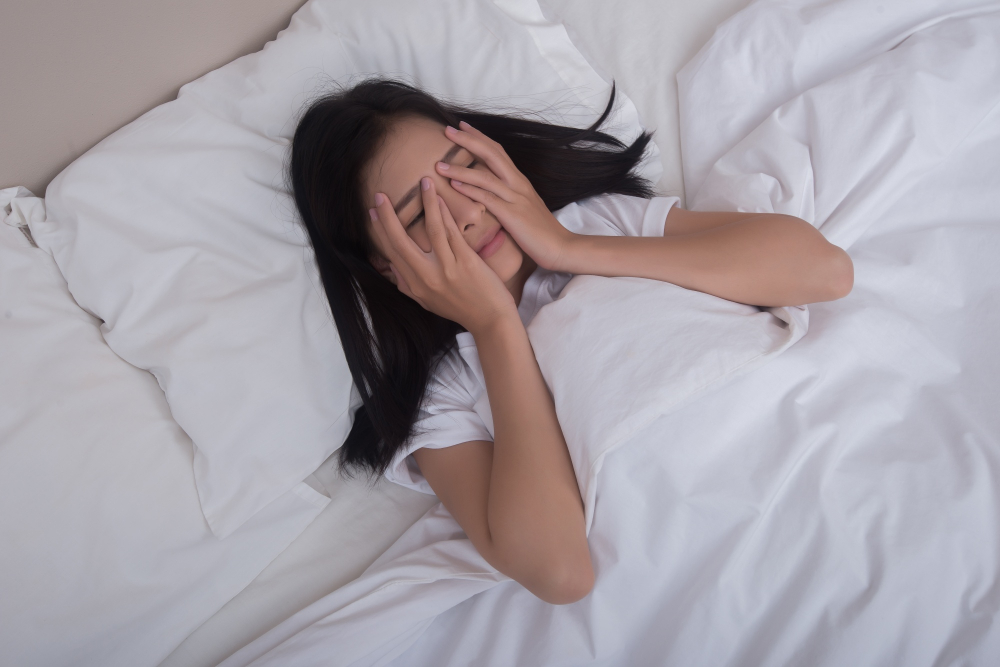
References
Cortese, S., Faraone, S. V., Konofal, E., & Lecendreux, M. (2009). Sleep in children with attention-deficit/hyperactivity disorder: Meta-analysis of subjective and objective studies. Journal of the American Academy of Child & Adolescent Psychiatry, 48(9), 894–908. https://doi.org/10.1097/CHI.0b013e3181ac09c9
Prince, J. B. (2008). Practical strategies for managing sleep problems in children with ADHD. Journal of Clinical Psychology in Medical Settings, 15(3), 203–216. https://doi.org/10.1007/s10880-008-9129-3
Van der Heijden, K. B., Smits, M. G., Van Someren, E. J. W., Gunning, W. B. (2005). Prediction of melatonin efficacy by pretreatment dim light melatonin onset in children with idiopathic chronic sleep-onset insomnia. Journal of Sleep Research, 14(2), 187–190. https://doi.org/10.1111/j.1365-2869.2005.00448.x
Van der Heijden, K. B., Smits, M. G., Van Someren, E. J. W., Ridderinkhof, K. R., & Gunning, W. B. (2007). Effect of melatonin on sleep, behavior, and cognition in ADHD and chronic sleep-onset insomnia. Journal of the American Academy of Child & Adolescent Psychiatry, 46(2), 233–241. https://doi.org/10.1097/01.chi.0000246055.76149.86
Weiss, M. D., Wasdell, M. B., Bomben, M. M., Rea, K. J., & Freeman, R. D. (2006). Sleep hygiene and melatonin treatment for children and adolescents with ADHD and initial insomnia. Journal of the American Academy of Child & Adolescent Psychiatry, 45(5), 512–519. https://doi.org/10.1097/01.chi.0000205700.44636.6e

